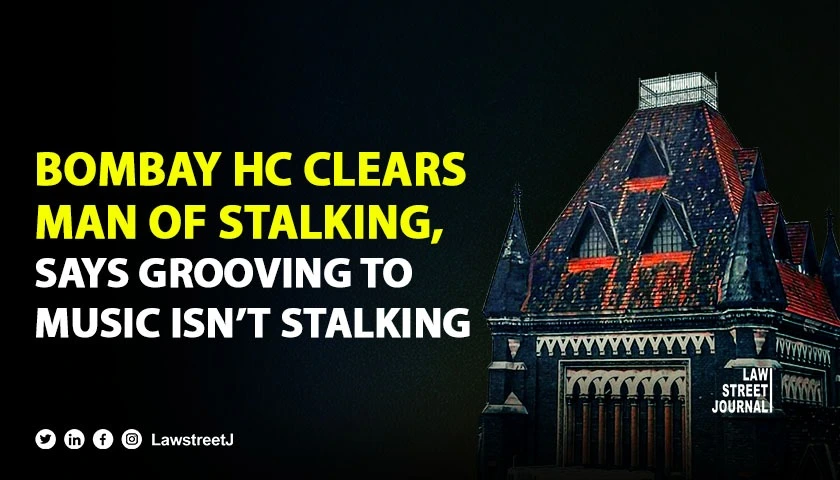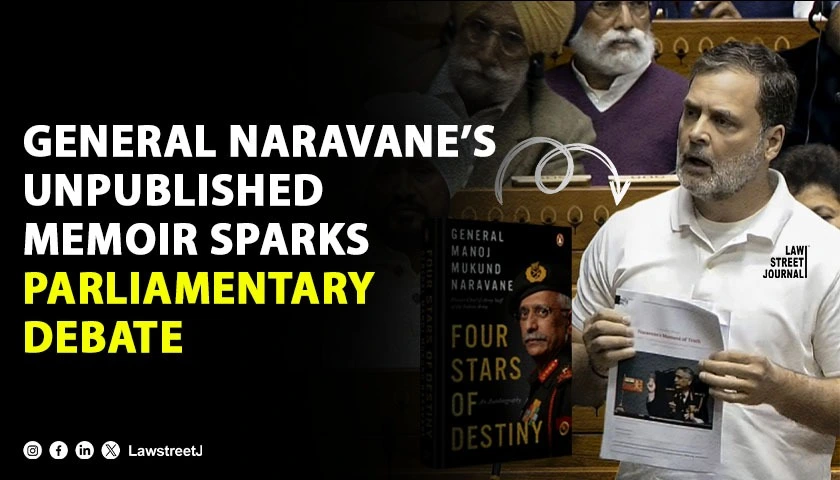Bombay: The Bombay High Court has delivered a significant judgment exonerating a Navi Mumbai man of stalking charges, emphasizing that merely grooving one’s head while listening to loud music does not constitute an attempt to interact with the complainant, and therefore does not meet the legal definition of stalking.
Justice Milind N. Jadhav, while hearing a criminal revision application, made important observations on the interpretation of Section 354D of the Indian Penal Code (IPC) relating to stalking.
Court Clarifies the Scope of Section 354D IPC in Unique Stalking Case
The court addressed a case where Rakesh Matasharan Shukla was booked for stalking after he was seen shaking his head, i.e., grooving to music, while riding his two-wheeler. The complainant alleged that he was pursuing her, and his gestures towards her caused her to lose control of her two-wheeler.
Conviction for Rash Driving Upheld, Stalking Charges Dismissed Due to Lack of Evidence
Addressing the legal framework, the court observed, “For the purpose of the applicability of Section 354D of IPC in the facts of the present case, it was incumbent upon the prosecution to prove that the Applicant was following the Complainant – PW-1, that he contacted the Complainant – PW-1 while doing so, and that his contact with the Complainant – PW-1 was intended to foster personal interaction repeatedly despite a clear indication of disinterest by the Complainant – PW-1.”
The court emphasized that the prosecution failed to prove these essential elements of stalking. It noted, “There is no evidence whatsoever collected or gathered by the Investigating Officer from the CCTV cameras to corroborate and prove the ingredients of stalking. In fact, the prosecution’s case itself disproves that the Applicant contacted, attempted to contact, or attempted to foster personal interaction repeatedly despite the Complainant showing disinterest, which is clearly not proved in the present case.”
However, the court upheld the conviction under Sections 279 and 337 of the IPC for rash and negligent driving. The court stated, “The act of attempting to overtake the Complainant – PW-1 while driving a vehicle is undoubtedly a dangerous act. In that regard, I agree with her submission that the act of overtaking and coming close while driving a vehicle in motion undoubtedly endangers the life and limb of both riders in question, especially the woman herein.”
In response, the court modified the sentence for rash and negligent driving: “The sentence of three months awarded to the Applicant stands reduced to the period of 36 days imprisonment only, which has already been undergone by the Applicant to date,” the court directed.
[Read Judgment]




![Husband Can Also Claim Alimony/Maintenance From Wife: Bombay High Court Orders Woman To Pay Alimony To Ex-Husband [Read Order]](/secure/uploads/2022/04/lj_2823_Divorce.jpg)








